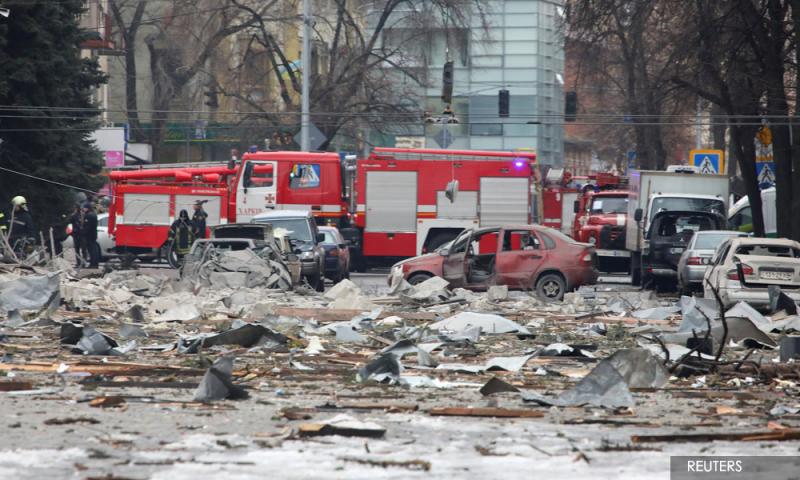LETTER | Explaining Russian aggression is not an endorsement
This is in reference to comments in Malaysiakini about my piece on why Russia invaded Ukraine.
Some criticised me for endorsing Russian aggression and not being sympathetic to the concerns of Ukrainians.
I think the comments were based on misunderstanding of the situation, and were hasty and incorrect. Those who criticised me jumped on the popular bandwagon of opposing Russian aggression.
In my article, I was merely explaining why Ukraine was invaded by Russia from the limited perspective of realism. It was not meant to endorse Russian aggression in Ukraine or to sidestep the issue of US provocation.
Explaining the present crisis in Ukraine leading to the Russian invasion is not the same as endorsing the aggression. As far as I am concerned, there was no need for the invasion but Russia invaded anyway. From a normative perspective, such an aggression must be condemned.
A simplistic normative perspective of just condemning the Russian invasion hardly explains why there was an invasion in the first place. Condemning Russia without understanding the situation might unwittingly spare the US of its devious role in the crisis. I don’t think that the Russian president just woke up and decided that Ukraine should be punished.
Yes, naked and unprovoked aggression should be condemned severely. But there is a need to understand the situation in Europe, the role of the US and its allies, and why Russia was unduly concerned about Western enlargement in the states near the borders of Russia.
I don’t think that any country in the world wants war. But unfortunately, wars are useful to some.
But why do nations go to war with one another? Is it because of the nature and implications of the power relationship between nations?
Theoretical perspectives are merely guides in understanding international conflicts, aggression and invasions. There are competing theoretical perspectives on understanding conflicts. No one perspective holds the ultimate explanatory power.
My recent article was about understanding the Russian invasion from the perspective of realism.
This is something that many US academics think might explain the genesis of Russian thinking and why there is an imperative to invade Ukraine. Realist thinking postulates that security and well-being of nations are common denominators in explaining international relations.
However, if the security of nations is threatened, there will be a natural tendency on the part of some to correct the situation by engaging in diplomacy or even going to war.
Liberalism, on the other hand, thinks that liberal world order is the best thing that can happen to the relations between nations. Creation of a liberal order means belief in free trade, opening up of markets and not the least, the promotion of democracy.
The US foreign relations are guided by the tenets of a liberal order. It is nothing wrong for the US foreign policy to be predicated along the lines of liberalism. If there is no opposition, it is fine. But the US in imposing the liberal order is met with opposition from the Russians.
The expansion of Western hegemony in the former states of the now-defunct Soviet Union was not something of an endearment to Russia. Although Russia was not too bothered by the enlargement in the smaller states of Eastern Europe, US expansion was an issue in Ukraine.
The coup that removed the pro-Russian president in 2014, the subsequent Russian annexation of Crimea and later the eastern provinces in Ukraine, were tell-tale signs of Russian disquiet with Western enlargement. It was just a matter of time before the war started.
While liberalism might explain the US moves in Eastern Europe, it fails to explain why Russia was annoyed. The realist thought tells us that it was security and defence concerns of Russia as to why it vehemently opposed US enlargement in Ukraine.
Russia was afraid of the Western encirclement of the country. It could not just tolerate a possible Nato base in Ukraine. There is a need to understand why Russia adopted the war option and not the way of diplomacy.
The author is Perai assemblyperson and Penang deputy chief minister II.
RM12.50 / month
- Unlimited access to award-winning journalism
- Comment and share your opinions on all our articles
- Gift interesting stories to your friends
- Tax deductable
